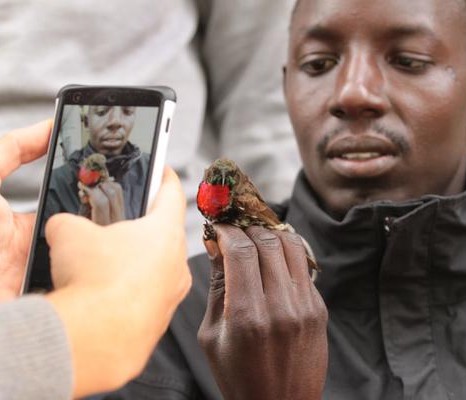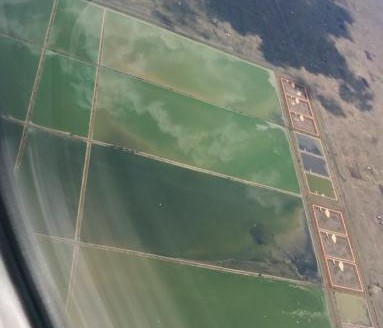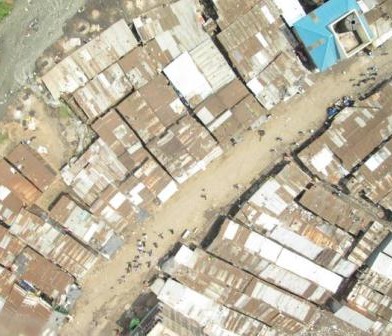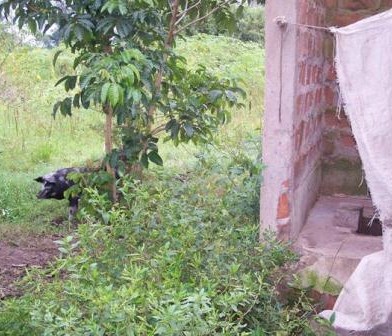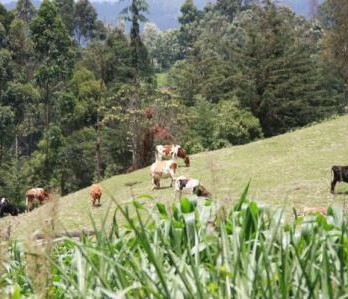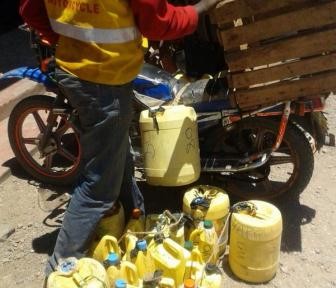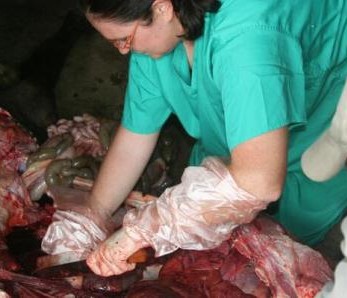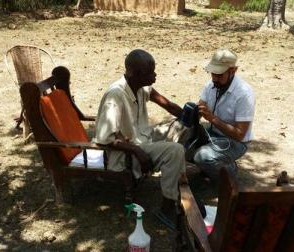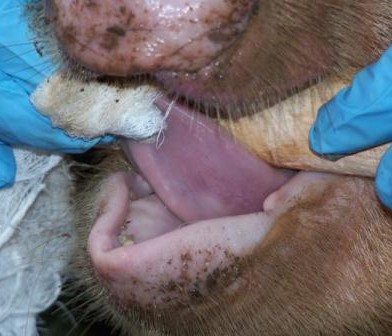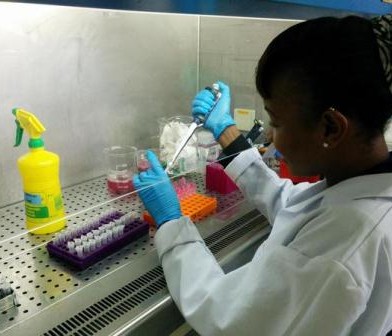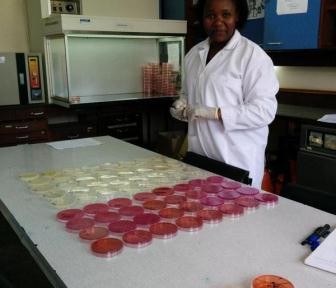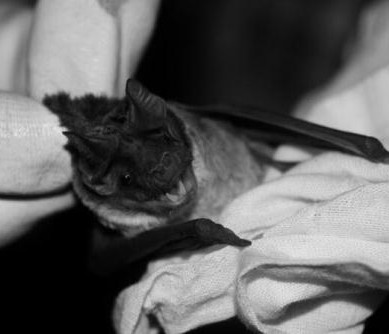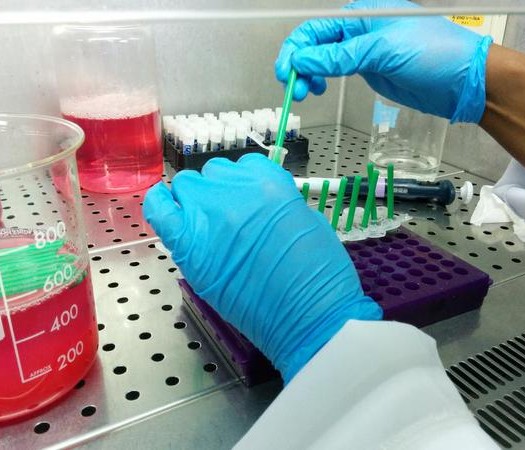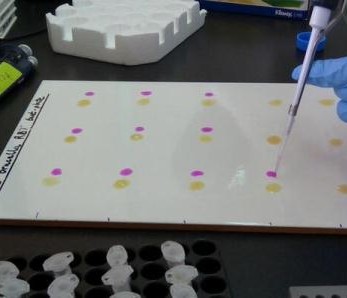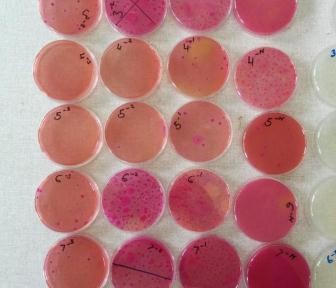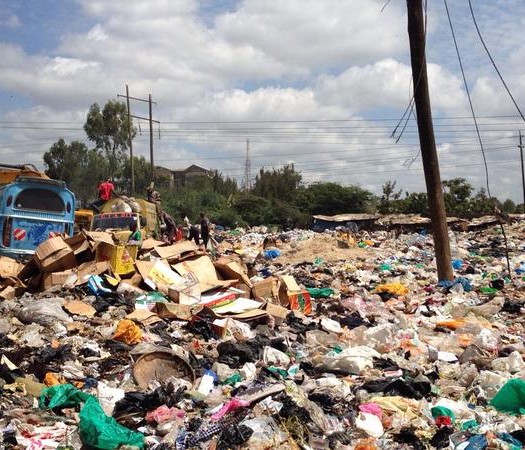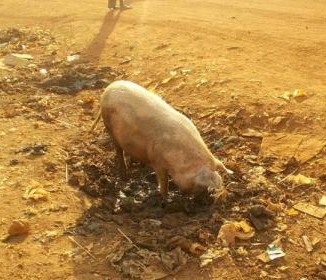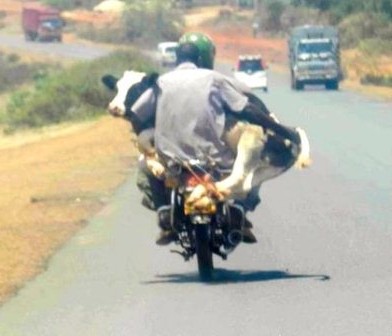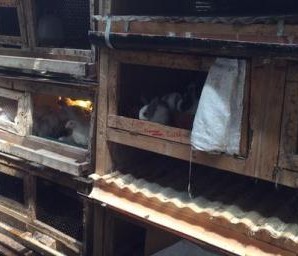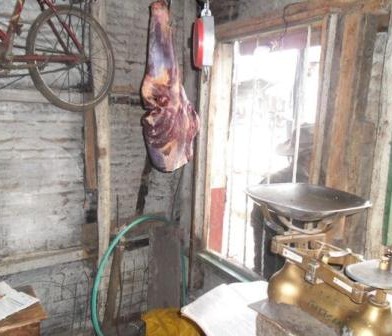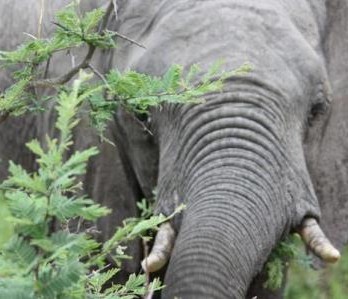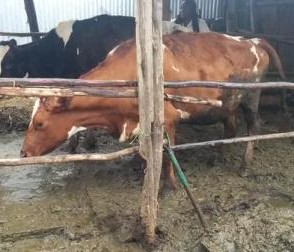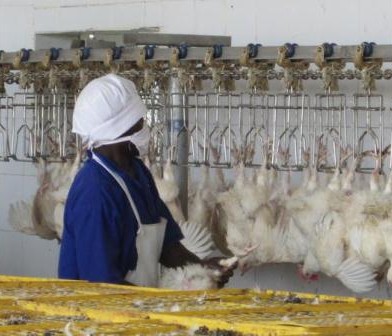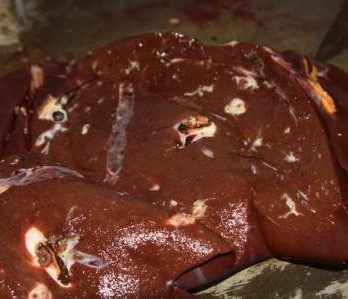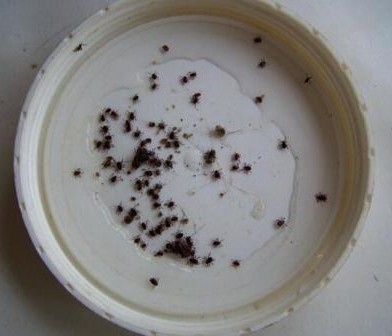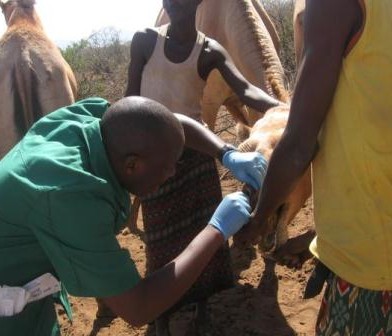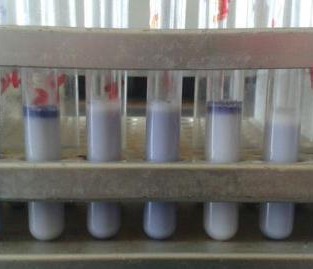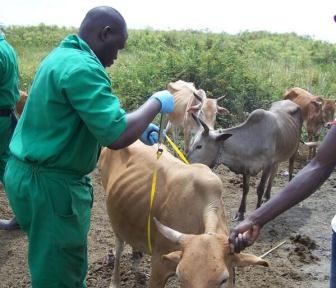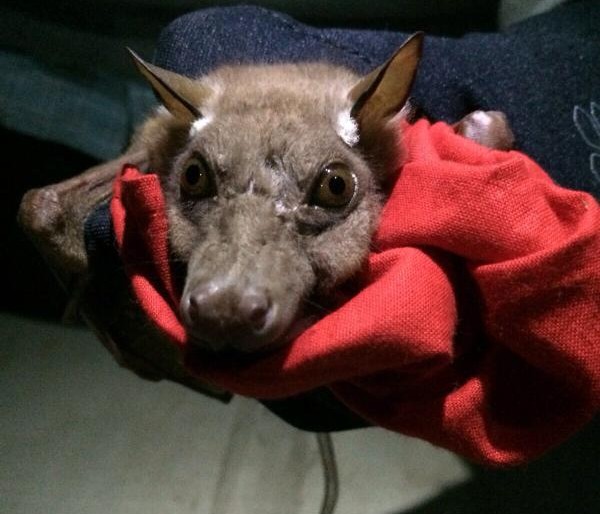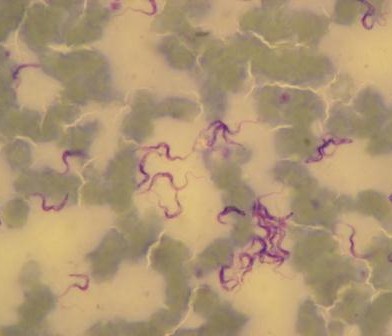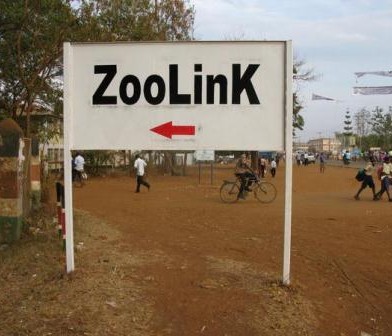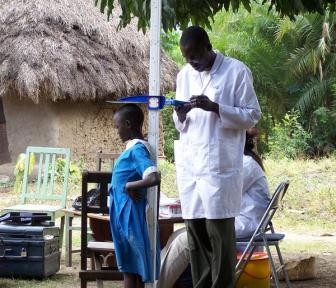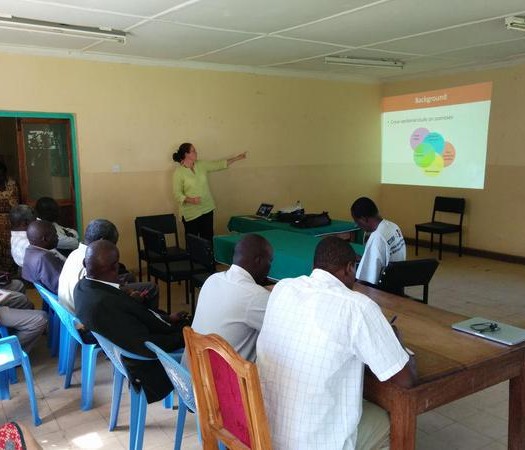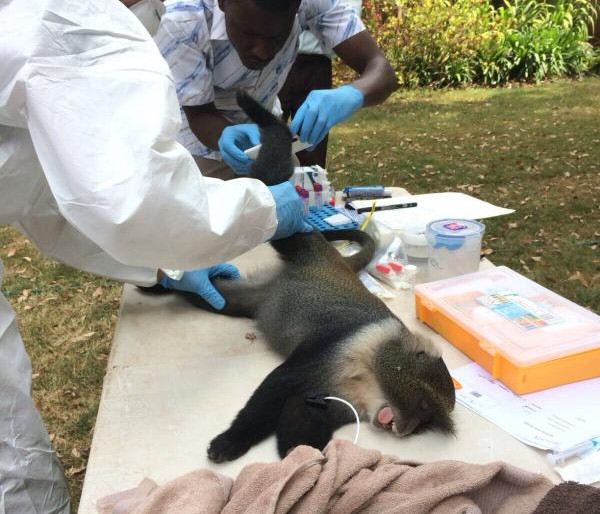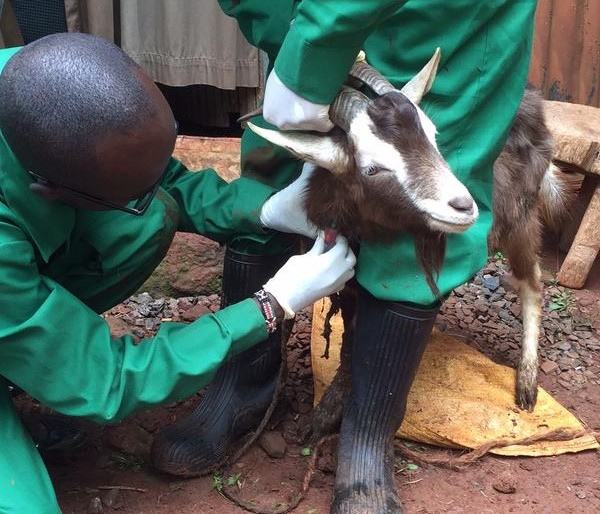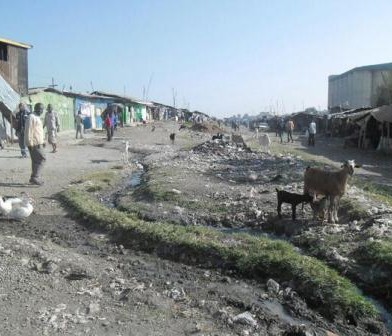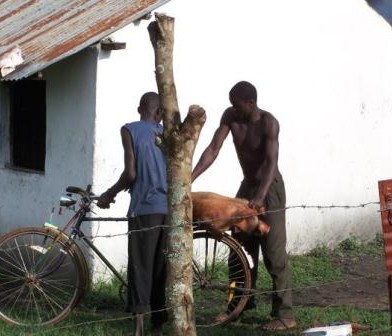99 HouseHold Study: Scarlet-chested sunbird

Identification
Length 13-15 cm, mass 12-15 g, males larger than females. Male: Black with iridescent emerald-green crown and chin and scarlet throat and upper breast. Bill, legs and feet black, eyes dark brown. Female: Upper parts and face dark brown, eyebrow whitish. Chin and throat dark brown, feathers edged light brown. Breast and belly pale yellow, streaked dark brown.
Distribution
Sub-Saharan Africa.
Taxonomy
This is one of the seven Sunbirds that have recently been moved into the genus Chalcomitra from the genus Nectarinia. Chalcomitra senegalensis has 6 subspecies, variation being mostly in the colour of the underparts.
Habitat
Broadleaved open woodland, moist thornveld, coastal bush, parks and gardens. Leonotis flowers are particular attractive to this birds.
Behaviour
Often in groups at nectar sources where males frequently chase conspecifics and other Sunbirds. Also hunts insects and spiders, but usually alone. May hover to feed, but usually perches.
Breeding: The male defends the the breeding territory. The nest is pear-shaped with a hood over the entrance hole, and suspended from a branch. It is built by the female using dry grass, stems, leaves and/or bark bound by spider web. Usually two eggs are laid and incubated by the female. Chicks and fledglings are fed by both parents for up to eight weeks. Parasitised by Klaas’s Cuckooand, less often, African Emerald Cuckoo and Dideric Cuckoo
Reference
- Cheke, R. & Mann, C. (2008). Scarlet-chested Sunbird (Chalcomitra senegalensis). In: del Hoyo, J., Elliott, A., Sargatal, J., Christie, D.A. & de Juana, E. (eds.) (2014). Handbook of the Birds of the World Alive. Lynx Edicions, Barcelona. (retrieved from http://www.hbw.com/node/60007 on 6 October 2015).
- Hockey PAR, Dean WRJ & Ryan PG (eds) 2005. Robert’s Birds of Southern Africa, 7th edition. Cape Town: John Voelcker Bird Book Fund. ISBN 0620340533
Male Scarlet-chested Sunbird
Image source: Click here
Female Scarlet-chested Sunbird
Image source: Click here
Male at 99 Household study












